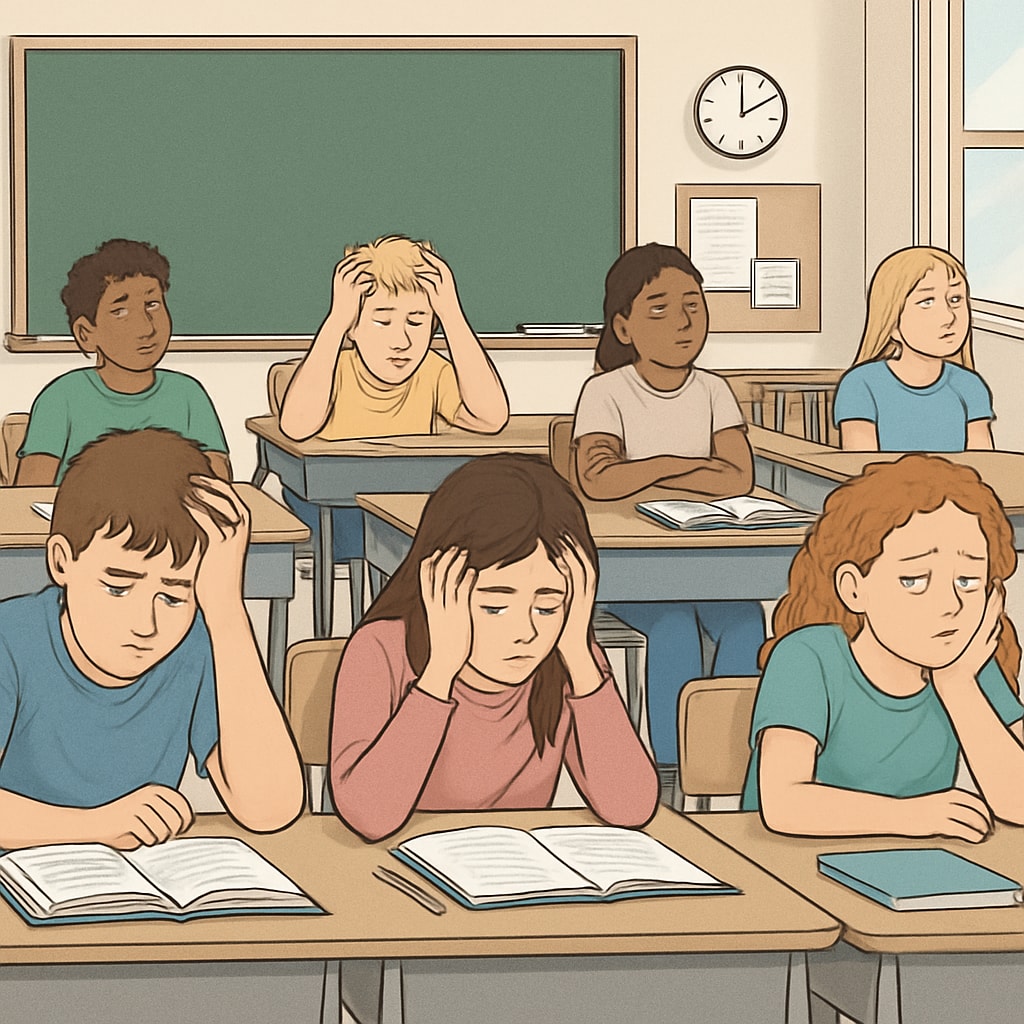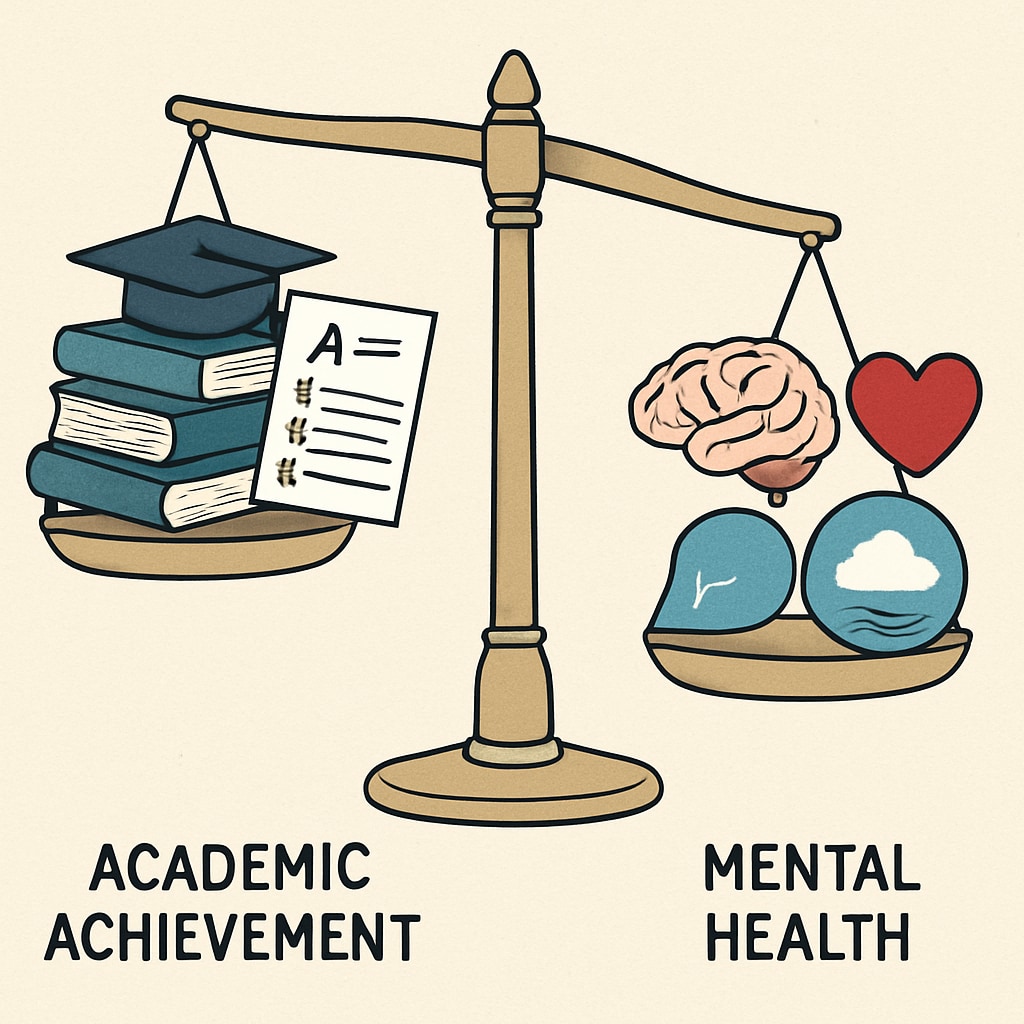The “genius” label, often celebrated within education systems, carries hidden psychological risks for students. While it may seem like an honor, this label can foster unrealistic societal expectations and self-doubt, harming not only those identified as “geniuses” but also their peers. In K12 education, where mental health concerns are increasingly prevalent, it is crucial to examine how these labels impact students and the ethics of their use in academic environments.
Unpacking the “Genius” Label and Its Consequences
At first glance, being called a “genius” may appear to be a positive affirmation of talent and potential. However, this term often imposes undue pressure on students to consistently perform at exceptional levels. Those labeled as geniuses may feel overwhelmed by the weight of societal expectations, fearing failure or mediocrity. For example, studies on gifted education programs highlight how students often experience anxiety and perfectionism due to these labels (Gifted education on Wikipedia).
On the other hand, peers who are not given this label may develop feelings of inadequacy or self-doubt. They may begin to question their own capabilities, viewing themselves as “less than” in comparison. This creates a divide within the classroom environment, fostering competition and eroding the sense of community.

Societal Expectations and the Mental Health Toll
The societal expectations tied to the “genius” label extend beyond academic performance. Parents, teachers, and even media often highlight these students as role models or future leaders, which can create an unbearable burden. For example, young prodigies showcased in documentaries or news segments frequently discuss the mental strain they experience (Giftedness on Britannica). As a result, these students may face burnout, depression, or even withdrawal from academic pursuits.
Moreover, the education system’s focus on identifying and promoting “genius” students often neglects the emotional well-being of the broader student population. This imbalance may lead to a lack of support for students who are struggling, further exacerbating issues of inequality and mental health.

Creating a More Inclusive and Supportive Environment
To address the negative impact of the “genius” label, educators and policymakers must prioritize inclusivity and mental health in the classroom. Here are some actionable steps:
- Shift focus from labels to individual growth: Encourage students to set personal goals rather than comparing themselves to others.
- Implement holistic support systems: Provide mental health resources, counseling, and peer support groups within schools.
- Educate parents and teachers: Help them understand the psychological risks of labeling and how to foster a balanced approach to academic achievement.
- Create collaborative learning environments: Promote teamwork and mutual encouragement over competition.
By emphasizing these strategies, schools can create an atmosphere where all students feel valued and supported, reducing the mental health toll associated with labels like “genius.”
Readability guidance: Use simple language where possible, include short paragraphs and bullet points to summarize key ideas, and incorporate transitional phrases to maintain flow and clarity.


